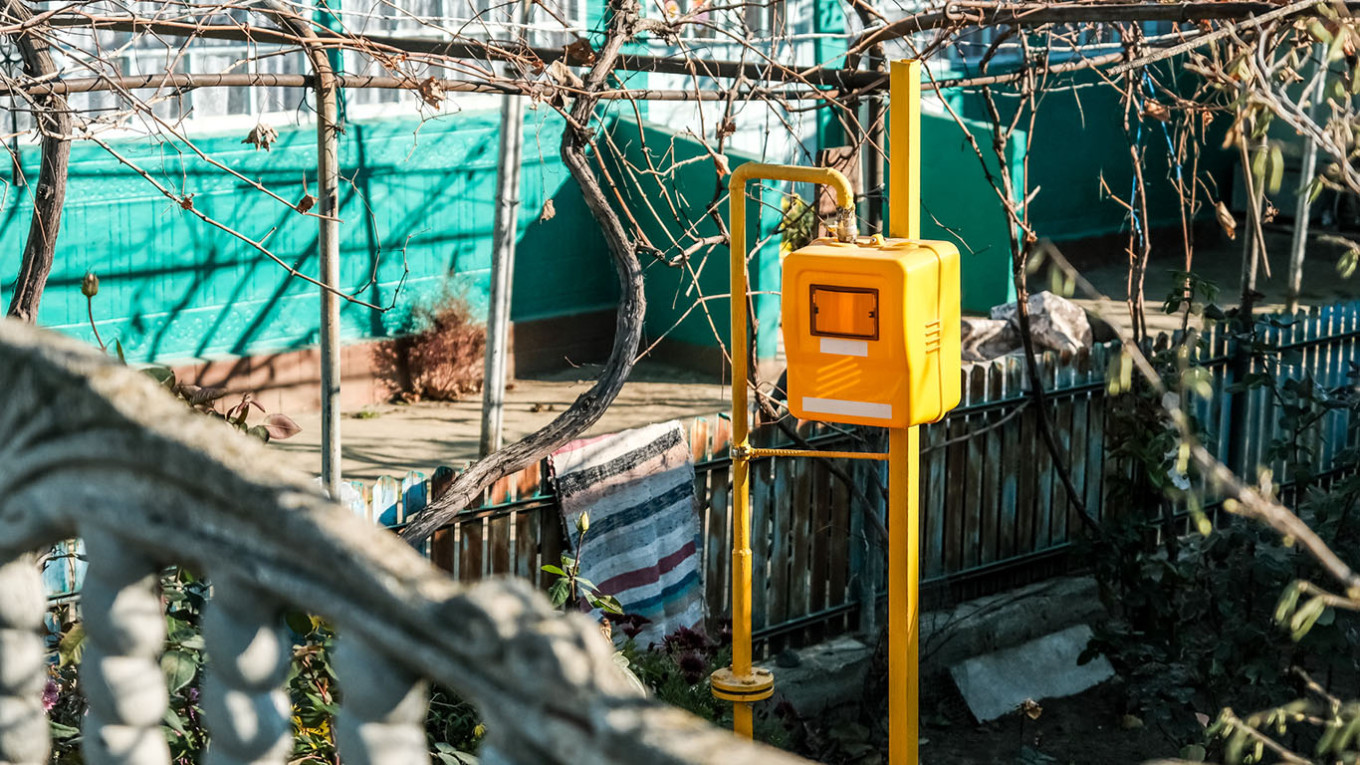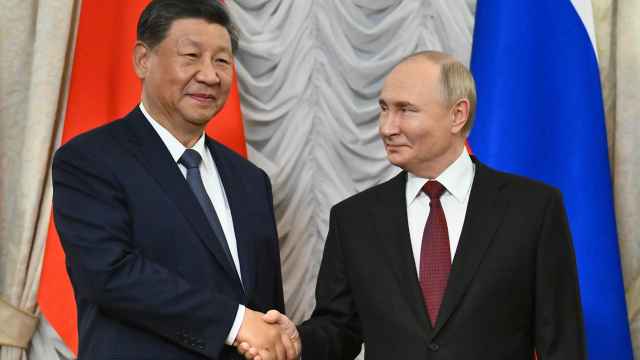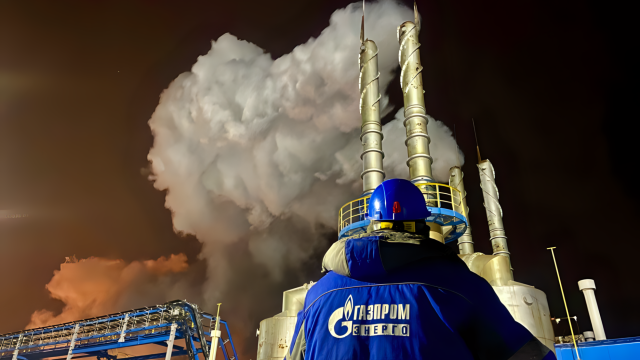Moldova’s parliament voted early Friday to declare a state of emergency in response to an expected cutoff of Russian energy supplies as Ukraine prepares to halt gas transit through its territory next month.
The emergency measure, effective from Dec. 16 for 60 days, grants Moldova’s government the authority to impose power cuts and limit energy exports to mitigate a potential humanitarian crisis.
The decision follows Ukraine’s announcement that it will end a gas transit deal allowing Russian gas to flow to Europe, including Moldova, after Dec. 31.
Moldova’s government has worked to reduce its reliance on Russian energy by securing supplies from European providers since the 2022 invasion of Ukraine. However, the Moscow-backed breakaway region of Transnistria continues to receive Russian gas at a relatively low fixed price.
Transnistria declared its own energy emergency earlier this week.
Moldovan Prime Minister Dorin Recean accused Russian President Vladimir Putin of using Transnistria to “hold hostage” the region and create an “artificial problem” despite the existence of alternative energy routes.
“This winter must be the last in the country’s history when we can be subject to energy blackmail,” Recean said before the emergency vote, which passed with the support of 56 out of 101 members of parliament.
“Moscow is doing this to destabilize the situation in Moldova,” he added, as quoted by Reuters.
Last month, Moldova’s energy minister held rare talks with Gazprom’s CEO, Alexei Miller. The Russian state energy giant said both sides “agreed to continue discussing options for organizing deliveries of Russian natural gas to Moldova from Jan. 1, 2025.”
Future gas supplies remain uncertain as Russia demands Moldova settle an estimated $709 million in debt for past natural gas deliveries.
A Message from The Moscow Times:
Dear readers,
We are facing unprecedented challenges. Russia's Prosecutor General's Office has designated The Moscow Times as an "undesirable" organization, criminalizing our work and putting our staff at risk of prosecution. This follows our earlier unjust labeling as a "foreign agent."
These actions are direct attempts to silence independent journalism in Russia. The authorities claim our work "discredits the decisions of the Russian leadership." We see things differently: we strive to provide accurate, unbiased reporting on Russia.
We, the journalists of The Moscow Times, refuse to be silenced. But to continue our work, we need your help.
Your support, no matter how small, makes a world of difference. If you can, please support us monthly starting from just $2. It's quick to set up, and every contribution makes a significant impact.
By supporting The Moscow Times, you're defending open, independent journalism in the face of repression. Thank you for standing with us.
Remind me later.






